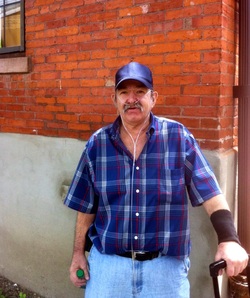
For more than 20 years, Wayne D. Johnson, a lifetime Hartford resident, lived with one foot in the streets, staying most nights at the House of Bread homeless shelter on Main Street. To earn money he ventured out after dark, scouring downtown parking lots and sidewalks for bottles and cans. As he filled his shopping cart he’d sometimes find coins, a watch, or a lottery ticket someone had dropped. Every once in a while he’d get lucky and an abandoned lottery ticket would reward him with a few dollars, cashed out at the local gas station.
But one night in the summer of 2007, while collecting bottles at the parking lot outside a row of popular bars on Albany Avenue, Johnson stumbled upon a dozen lottery tickets folded in half, scattered on the ground like they’d fallen out of someone’s pocket. He took them to a nearby gas station and put them through the machine. One came out a winner.
The machine said he’d just won $100,000.
Johnson couldn’t believe it. He checked again, and then again. In shock, he brought the ticket up to the gas station attendant, who congratulated him and confirmed he indeed had won $100,000.
Johnson he didn’t tell anyone that night, or the next day, for fear of someone stealing his ticket.
A few days later, Sisters Lorraine Douglas and Polly Needham from the House of Bread shelter drove him to the lottery headquarters in Rocky Hill, where it was confirmed that he had won $100,000. He filled out a mountain of paperwork and was handed a check for $70,000, after federal and state taxes were taken out.
Johnson took the check to a local bank the next day. The stunned teller called over the bank supervisor, who pulled Johnson into his office. The supervisor helped him establish a savings account and an annuity so his money would be safe.
What did this homeless man from Hartford do next with his newfound fortune? Johnson did not buy a new car, take a dream vacation, or go on a wild spending spree. No, he began giving back to the same soup kitchen and shelter in the same community where he’d been living, handing a check for $5,000 to the House of Bread soup kitchen and setting up a fund for $50,000 to the Sisters of St. Joseph.
“Now I’m putting back into society what I took out,” Johnson said with a big smile during our interview at the House of Bread on a balmy July day in 2012. He had pale skin, a wispy gray mustache, and salt and pepper hair tucked beneath a blue baseball hat. Johnson was on dialysis because of a kidney condition, clear plastic tubes protruding from his nose, looping around his ears, and hanging down his chest like a teenager wearing headphones.
He fidgeted with his cheap watch as we first talked, his eyes darting away from my gaze like a man who’d spent too many decades staring at the sidewalks, conscious that he existed on the fringe of society. But he warmed up as we talked more, a playful assertiveness filling his voice in between labored breaths.
Once Johnson won the lottery, he didn’t stop with monetary donations. He began working as a volunteer in the shelter’s kitchen, where he helped teach other homeless men basic culinary skills, earning them a certificate so they might land work in a restaurant.
At first no one knew he’d won the money except the staff, but eventually word got out and others looked at him with respect. He started mentoring the other homeless young men.
“I would tell them exactly what I went through. I would tell them drugs is no good, it turns into trouble. And if a kid wants to quit school – you can’t. Nowadays you need education.”
Johnson, age 59 at the time he found the lottery ticket, had a checkered past, including time in and out of prison, drug addiction, and dealing drugs. He’d already turned away from his vices, living completely clean and sober in a transitional living apartment the shelter had arranged for $300 a month.
“Once I got out of that shelter I made a promise to myself no more drugs because I wasn’t going back to the shelters. ‘Never on the streets,’ I said to myself, ‘that is it!’ “
Lily Holthoff, a volunteer at the thrift shop, first told me about Wayne and the lottery ticket: “He started volunteering in the House of bread – dishwashing and mopping floors and helping out in the thrift shop ran by the two sisters,” she said. “I volunteered with the sisters and became close with the three of them. I would cut Wayne's hair once a month at the shop, though I teased him that he was too cheap to go a barber even though he now had money. But I've always admired that he picked himself up after drugs and being homeless. He collected bottles all over Hartford starting at 4 am - I so admired that effort. I miss him and I miss doing his haircuts.”
To describe Johnson as financially conservative with his newfound wealth is an understatement. He was a hoarder, collecting random nuts, bolts, containers, and broken electrical items because he claimed he might need them some day, packing his simple one-room abode so much that it was hard to walk and the shelter threatened to evict him. But his generosity knew no limitations when it came to the people around him.
Said Holthoff, “He collected a lot of DVD’s of old movies and once when we talked about Mary Poppins performing at the Bushnell - he insisted on taking Lorraine and I to it. I told him the tickets were $95 each but of course he reminded us that he had money, now. He was so thrilled for he has never been to a live stage show and talked about it for months.”
Johnson was not in good health. Born with one kidney smaller than normal and one enlarged kidney, he could be seen in the streets of Hartford wheeling a portable oxygen machine around with him. He listed the purchase of the $4,000 medical device as his only real splurge since he won the money - that and dialysis treatments.
When asked about his hopes for the future, Johnson shrugged, “I’d like a kidney transplant. I’m on the list.”
“Money didn’t really change me, because I was changing before I got there,” he said. “You read people win a million dollars on the lottery they’re out there spending it right away. The way I see it, you have to have something for the next day because you don’t know what’s around the corner.”
Although Johnson didn’t comb Hartford’s streets as much because of his health, Wayne still found things – broken lamps and coffee pots, bringing them back to the shelter’s thrift store and repairing them so they could be sold to help fund the program. When he needed to name a beneficiary for his annuity, he chose the House of Bread.
“If I walked by and saw another lottery ticket on the street I’d pick it up. Sure, why not?”
Said Sister Theresa about Wayne: “He had a difficult childhood and adulthood, but he turned it around – he stopped drinking and drugging. When he volunteered he made some wonderful friends at the shelter. He didn’t have family so the friends he made volunteering became his family. The thought of donating to the House of Bread was a wonderful gift.”
Johnson’s kidneys finally failed him about 4 years after he found the $100,000 winning lottery ticket. He died at St. Francis Hospital on Dec. 4, 2012 at age 63.
http://www.legacy.com/obituaries/hartfordcourant/obituary.aspx?pid=161617333
He had been estranged from his family for decades, but his funeral was well-attended by friends, men he had mentored, nuns, and volunteers from the shelter. A Franciscan priest from St. Patrick-St. Anthony delivered a beautiful eulogy.
They all remembered him with a smile, confessing that Johnson may have found the winning ticket, but they were the ones so much richer for knowing him.
-Norm Schriever :-)
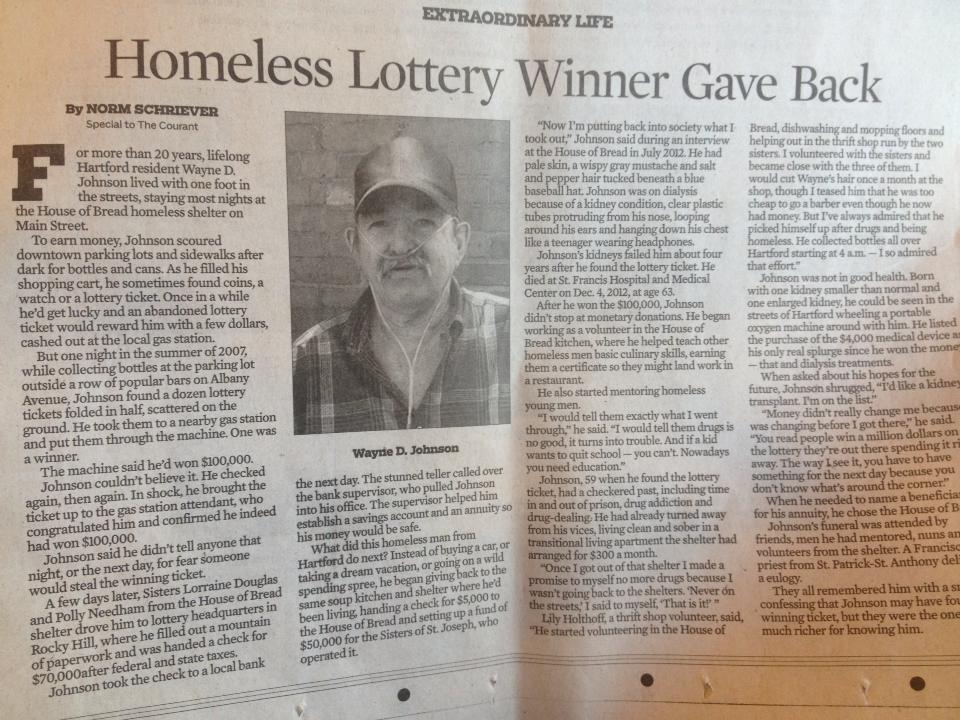



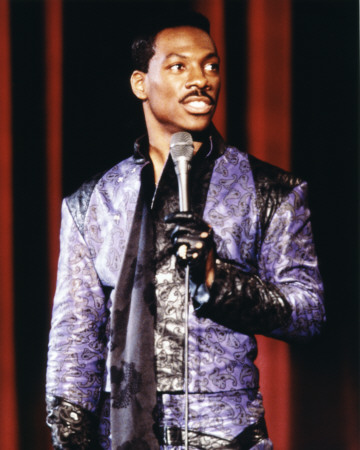

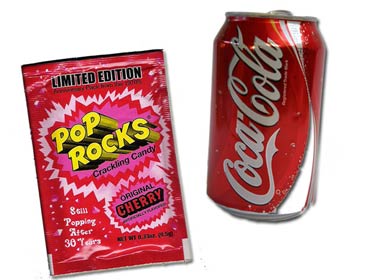


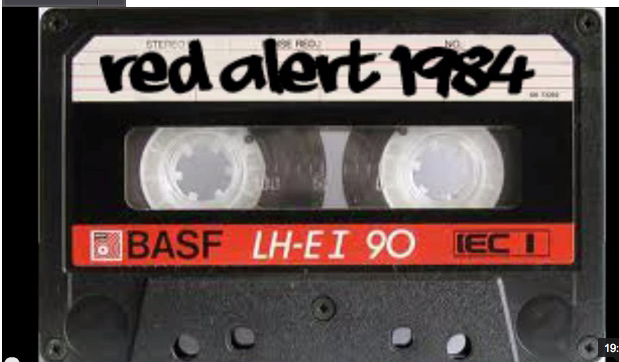
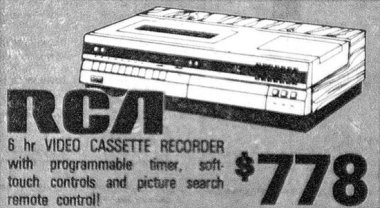


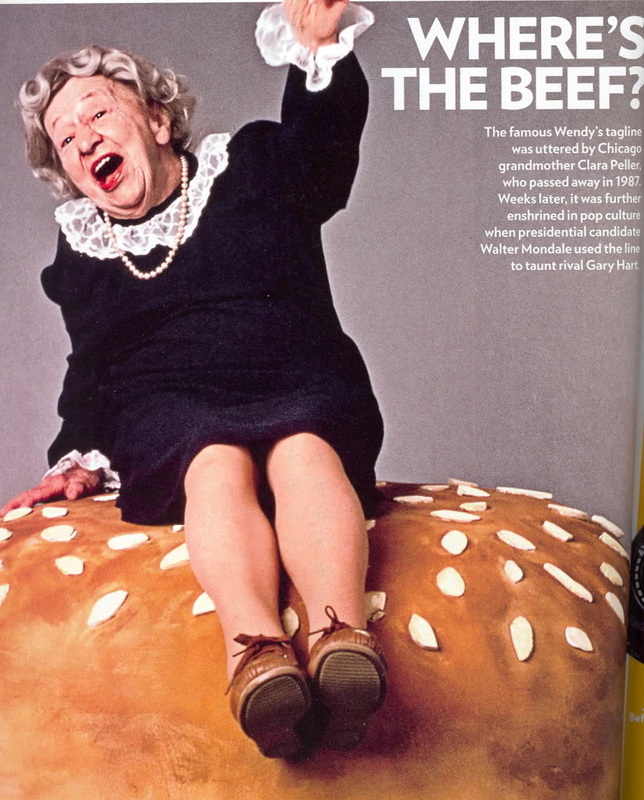

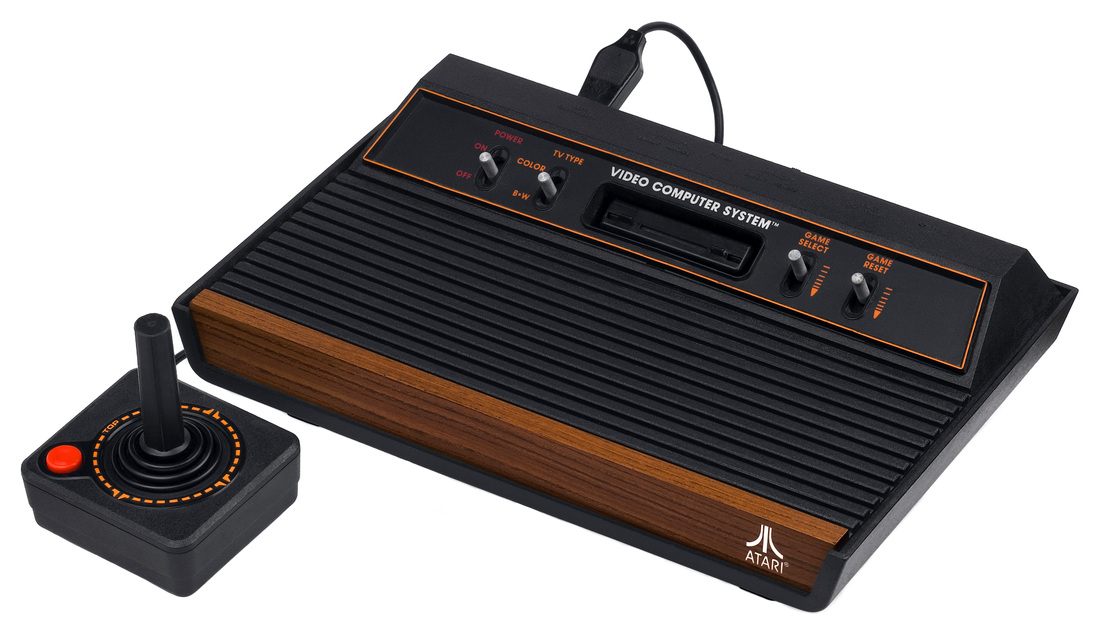



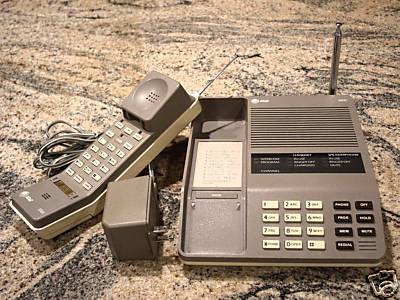
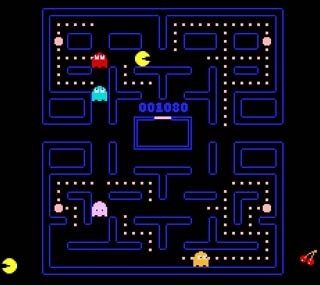

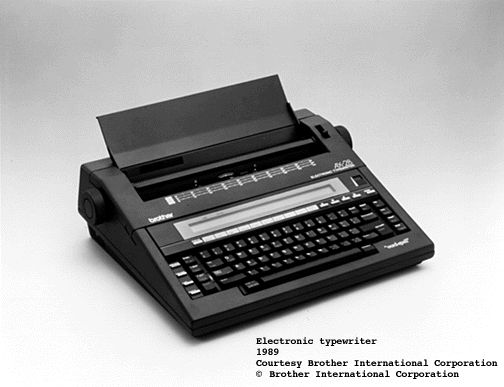

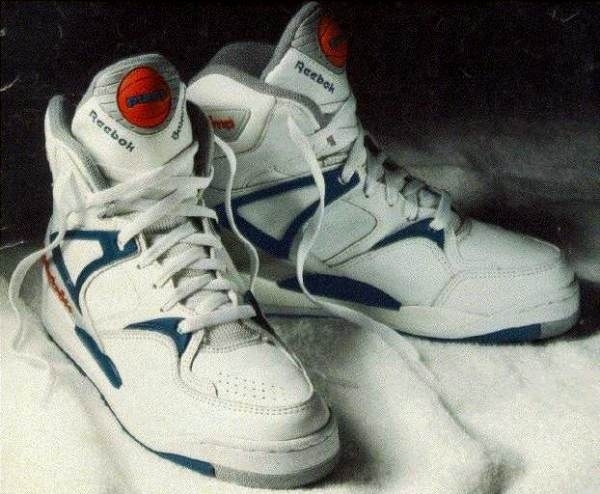

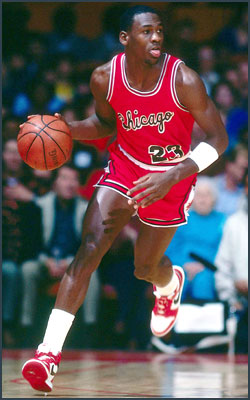

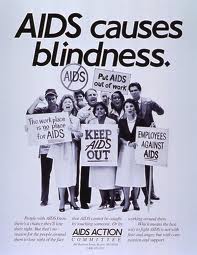
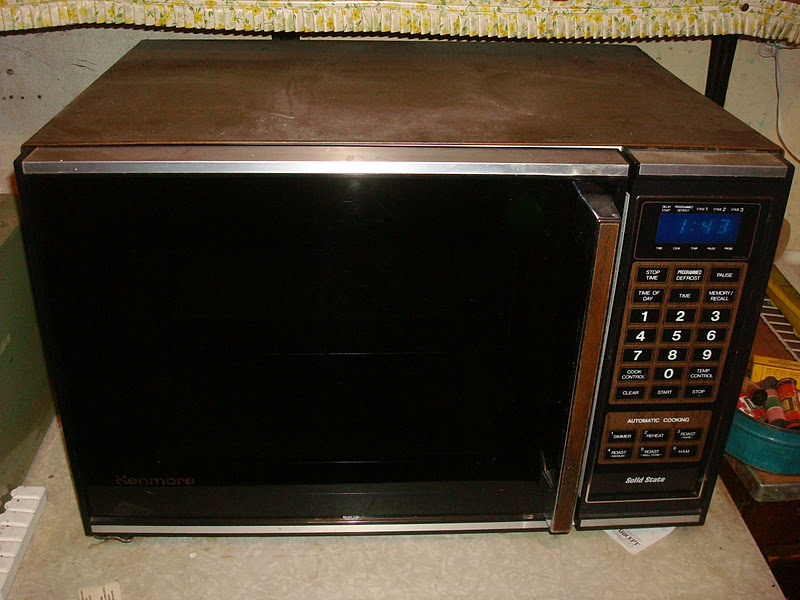



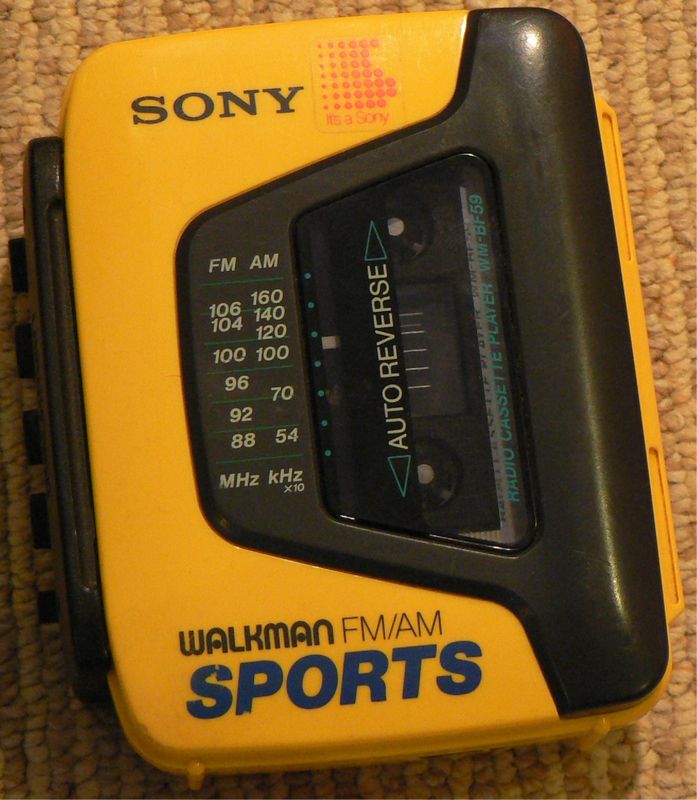
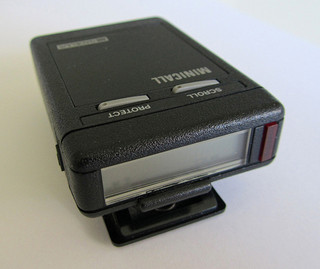
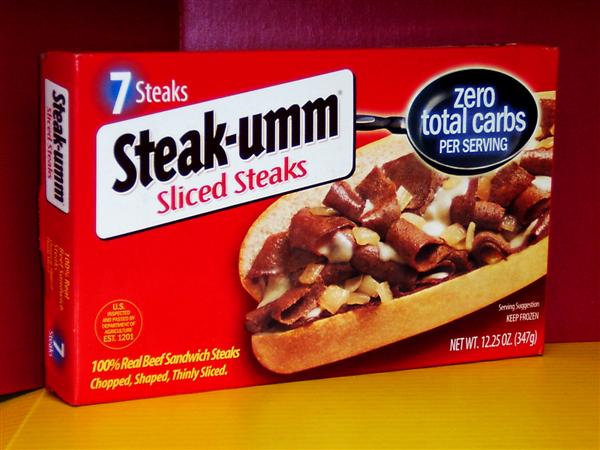
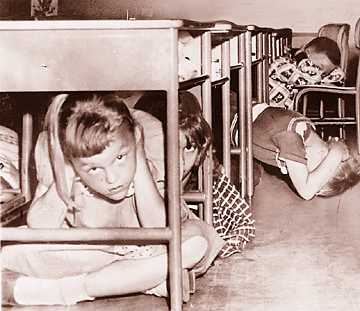
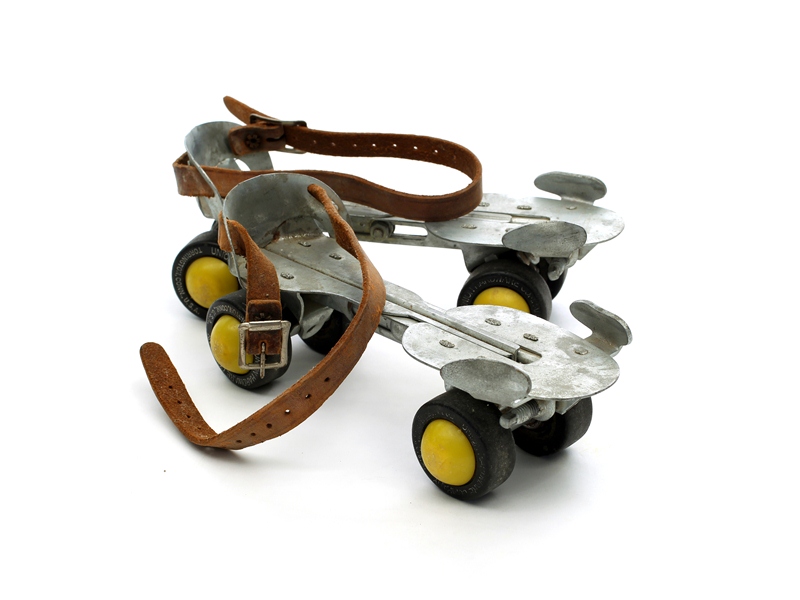







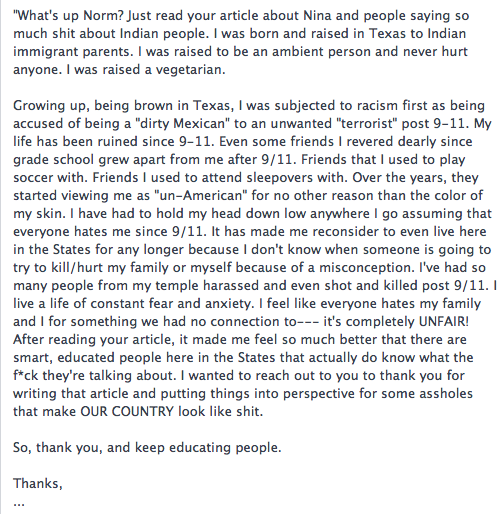
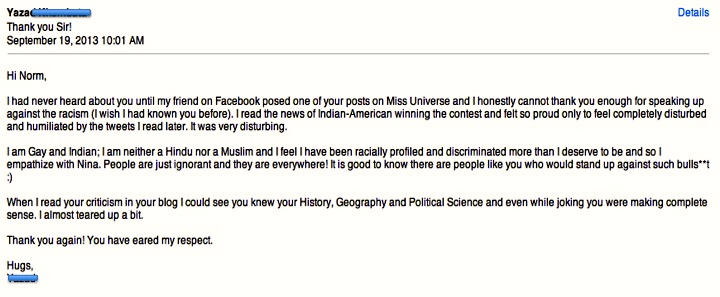
 RSS Feed
RSS Feed